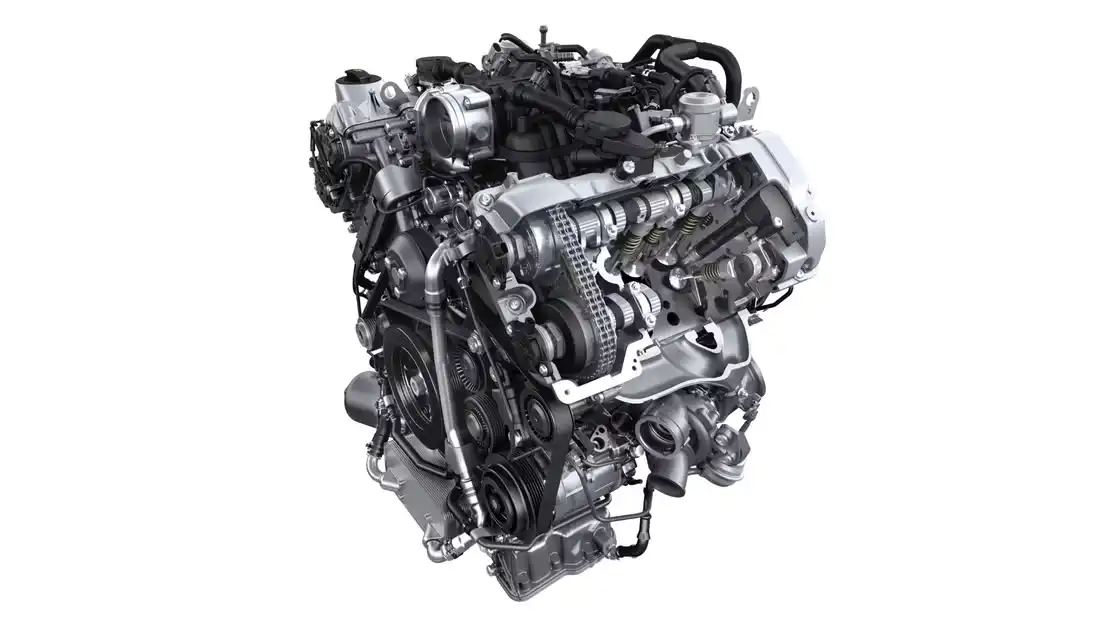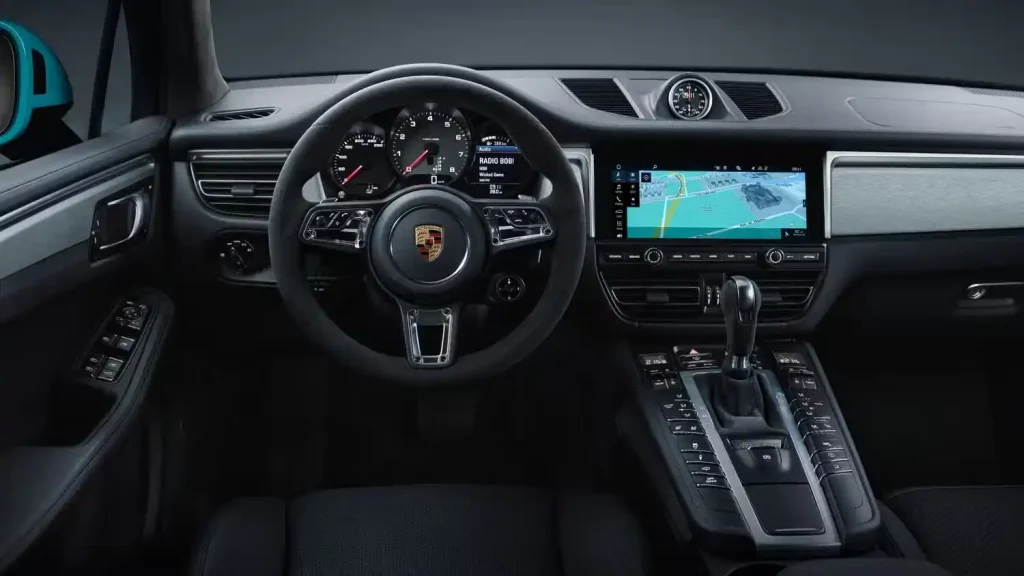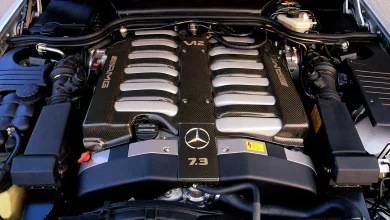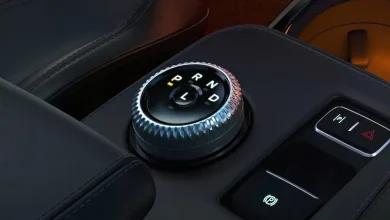
Forget the usual jokes about the high cost of German car maintenance—by most reports, Porsche engines are generally reliable, at least after the 928 era. Still, every automaker has its weak spot, and for Porsche, it may be cylinder bore scoring. A recent teardown of the twin-turbo 3.0-liter V6 from an early first-generation Macan revealed extensive damage to the engine’s cylinder walls. Even though the rest of the engine showed remarkably little wear, this issue alone is enough to necessitate an expensive rebuild.
Things Look Great—Until They Don’t
The video below comes from the YouTube channel I Do Cars, which specializes in engine teardowns. The engine featured is from a 2018 Porsche Macan S, equipped with the 340-horsepower version of the twin-turbo 3.0-liter V6, while GTS models added another 20 horsepower. This particular engine is a core return, meaning the channel only acquired it after it had been replaced. Its original mileage and service history are unknown, making it difficult to determine how heavily it was used.
The host of the nearly hour-long video begins by removing the engine’s accessories, left- and right-side turbochargers, and intake and exhaust manifolds. Early inspection reveals a valvetrain and camshafts that show remarkably little wear, along with head gaskets and the cylinder head itself, which indicate minimal neglect or poor maintenance. But once the head is fully removed, the issue becomes unmistakable. After just seven years in service, the 2018 Porsche Macan S engine exhibits severe cylinder bore scoring on three of its six cylinders. Further disassembly uncovers metallic shavings in the oil pan, along with damaged piston skirts and ring lands that correspond to the scoring problem.
What Is Cylinder Bore Scoring?
For this twin-turbo 3.0-liter V6, the problem occurs when there’s too much clearance between the pistons and the cylinder walls. This allows the pistons to tilt on their wrist pins, causing the skirts to gouge the cylinder bores. The difference between normal and excessive clearance is tiny—well under a hundredth of an inch—but the consequences can be severe. Cylinder bore scoring results in rough running and poor compression, and unfortunately, once it begins, there’s no effective way to stop it. The only solution is to rebuild or replace the engine.
Several factors can contribute to bore scoring. In this teardown, traces of dried coolant on the front of the engine suggest it may have experienced overheating, which could have caused the pistons to expand slightly. If the overheating wasn’t addressed promptly—or if the engine was already poorly maintained—the scoring could have worsened over time.
The twin-turbo 3.0-liter V6 isn’t the only engine at risk—this issue also affects some 2015–2018 Porsche Macan S and GTS models, as well as a few Cayenne variants. The boosted 3.6-liter engine in the 2015–2017 Macan Turbo may face a similar problem. The mere mention of cylinder bore scoring can even alarm owners of the 986-generation Boxster or 996-generation 911 Carrera. Porsche’s early water-cooled flat-six engines occasionally experienced excessive cylinder wear, despite being unrelated to the Macan’s V6. The video host notes that this issue is linked to the hypereutectic Nikasil coating Porsche began using on its cylinder bores in the 1990s.
How Common Is the Issue?
Pinpointing an exact failure rate for the Porsche Macan’s twin-turbo 3.0- and 3.6-liter V6 engines is difficult. Most owners tend to post about problems on forums, which can give the impression that issues are more widespread than they actually are. Anecdotally, however, early Macan V6 engines appear less durable than the single-turbo 3.0-liter and twin-turbo 2.9-liter engines introduced in the 2019 model year. Despite their smaller displacement, these newer engines deliver more power than their predecessors, making them an appealing choice for used Porsche Macan buyers.
For owners of 2015–2018 Porsche Macan S, GTS, or Turbo models who are just learning about the cylinder wear issue, there’s no need to panic. Regular oil changes using high-quality synthetic lubricants can help prevent excessive piston slap and bore scoring. Staying on top of maintenance is key—something the previous owner of this particular engine may have neglected.




























